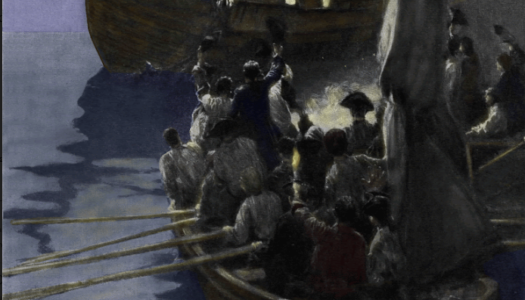 1 year ago
1 year ago
Gaspee Raid Inspires Boston Tea Party Raiders to Disguise Themselves as Narragansetts
Last week, this website ran an article providing strong contemporaneous evidence that many of the men who broke open the tea chests and destroyed the tea inside them on board …
Read More
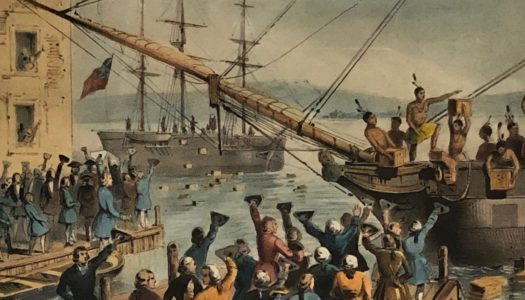 1 year ago
1 year ago
Narragansetts (Not Mohawks) Blamed for Boston Tea Party
In the evening of December 16, 1773, a band of Boston Whigs (commonly known today as Patriots) charged onto three merchant ships at a wharf in Boston Harbor and dumped …
Read More
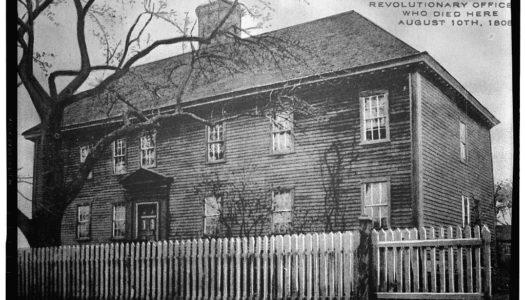 2 years ago
2 years ago
Lonnon Philips’s Sharecropping Agreement in 18th Century North Kingstown
I am sure that the word sharecropping brings to most folk’s minds, images of the antebellum deep South, poor Black men and women toiling away for little reward, and merciless …
Read More
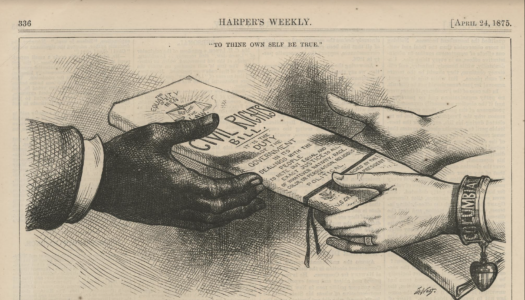 2 years ago
2 years ago
“Hope Deferred”: George T. Downing and the Post-Civil War Civil Rights Movement
Note: This article is the second in a two-part series on the career of civil rights reformer George Downing. Readers can access Part I at https://smallstatebighistory.com/george-t-downing-and-the-black-convention-movement/
My self-respect revolts at …
Read More
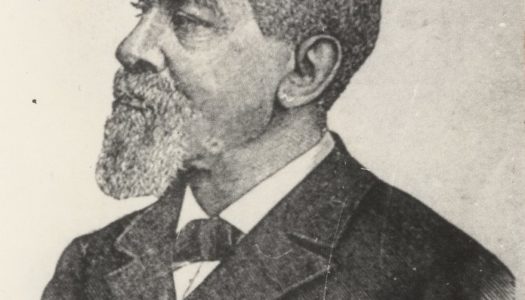 2 years ago
2 years ago
George T. Downing and the Black Convention Movement
Fear not; no antagonism of interest would be the result of admitting in common to your workshops the colored mechanic, of admitting his child as an apprentice.
(Appeal to …
Read More
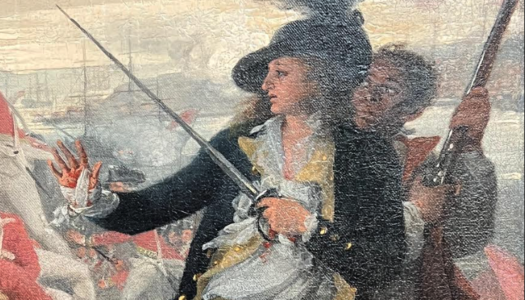 2 years ago
2 years ago
Teaching the Story of “Universal Liberty” in Revolutionary Rhode Island: A Review of Edward J. Larson’s American Inheritance: Liberty and Slavery in the Birth of the Nation, 1765-1795
We live in a day wherein Liberty & freedom is the subject of many millions’ Concern; and the important Struggle hath already caused great Effusion of Blood; men seem …
Read More
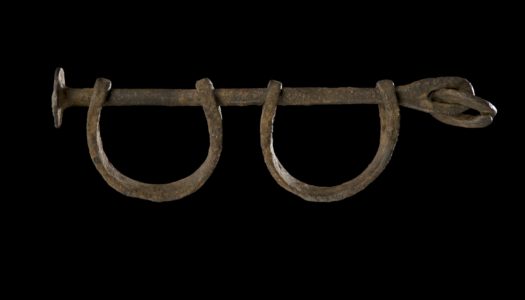 3 years ago
3 years ago
Rhode Island’s U.S. Senators and Congressmen Who Held Enslaved People
The Washington Post, in its January 16, 2022 edition, published a first-of-its-kind database revealing that more than 1,700 United States Senators and Congressmen once held enslaved people at some point …
Read More
 3 years ago
3 years ago
A Mystery at Canonchet: Who Built the Stone Piles in Hopkinton and Why?
“We sometimes speak of stubborn facts. Nonsense! A fact is a mere babe when compared with a stubborn theory.” – Samuel McChord Crothers
On October 7, 2017, the Hopkinton Land …
Read More
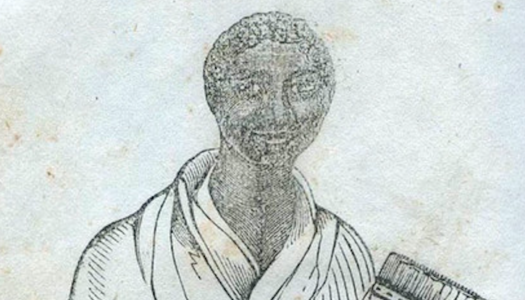 3 years ago
3 years ago
An Enslaved Mother Rescues Her Family from being Transported to the South—And Spurs a Law Change
In the early days of the abolition movement in the United States, by necessity, abolitionist work had to come primarily from white people because, before the American Revolution, most black …
Read More
 4 years ago
4 years ago
Were There Slaves Living on College Hill for Twenty Years?
This is the story of the Reverend James Manning, Brown’s first president, his wife Margaret, and Lewis Manning, his slave. The manumission of Lewis Manning in 1784 is important for …
Read More




















